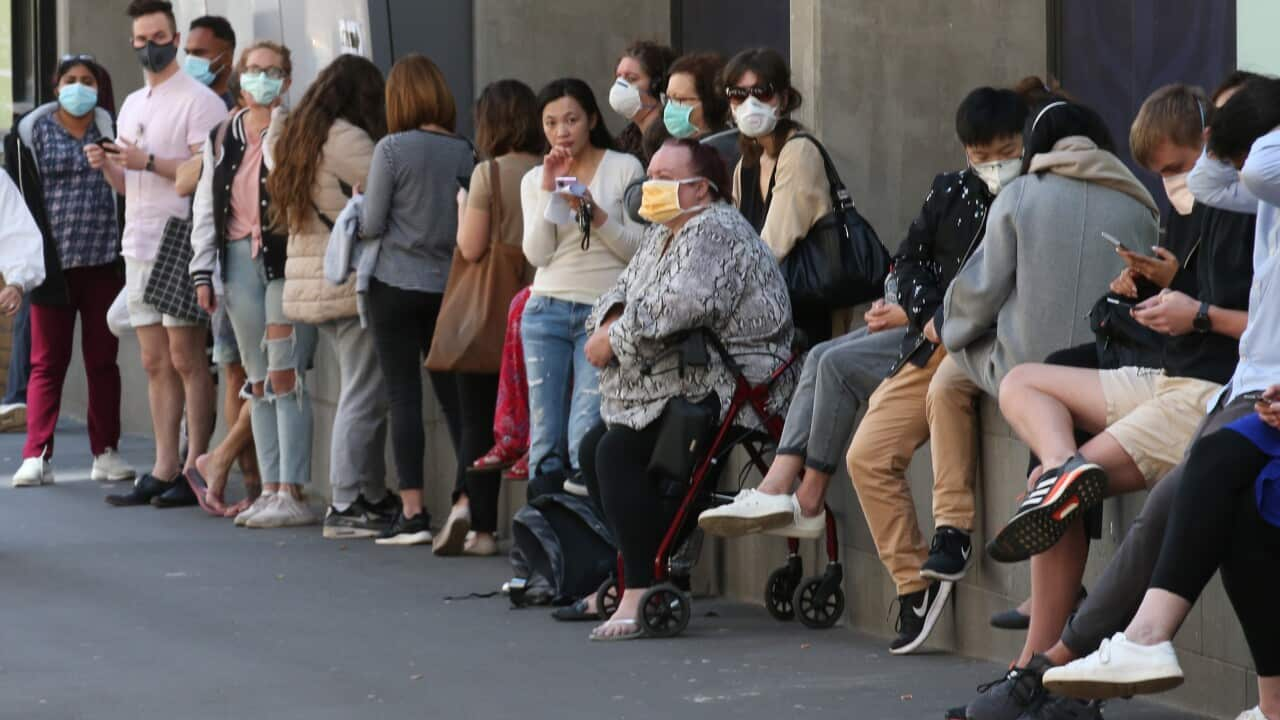The push towards telehealth services during the coronavirus pandemic has created new challenges for Australians who speak English as a second language.
More than 1.8 million Australians have used telehealth services in the past fortnight as the federal government urges people to stay in their homes due to the outbreak of coronavirus.
The service enables patients to talk to their doctor, psychologist or psychiatrist over the phone or on a video call from their own home, reducing the number of people out in the community and potentially spreading COVID-19.
However, for non-English speakers, accessing translation services for telehealth consultations can prove challenging.
Dr Qudsia Hasnani is a GP who speaks Hindi, Urdu and some Russian. She said community GPs who usually offer multi-lingual services are still able to do so via telehealth.
But if this service is not available, accessing translation services via telehealth can be difficult, so the task of translation often falls to family members.
"One or two patients have had their relatives in the background interpreting for them," she said.
"Considering we have to keep the social distancing, then only the family members that are living at the same facility should be allowed to interpret, having an interpreter from outside walking into their homes and helping them out is putting both parties at risk."
Translation services in more than 50 languages are currently offered by the Australian government for medical practitioners who need assistance consulting with non-English speaking patients.
Sunil Abbott, the president of Club 60, a seniors group for people of Indian origin which is based Melbourne’s west, says there have been a number of challenges accessing telehealth translation services among members of the community group.
"For some elderly members of the local Indian community talking on the phone with a GP has not been an easy experience," Mr Abbott said.
"The language problem is major hurdle for many made worse by being unable to see their doctor in person.
"Most group members have been relying on their children to help them understand what they are being told.
"A large number of the doctors in our area are of Indian or Pakistani background so there has been always been other options if there are any major language barriers.”
Mr Abbott has also been offering assistance to members of his group through video calls to explain new coronavirus health updates and ensuring they have access to the medical services they require.
"Being a seniors group we are at high-risk if anyone was to get the coronavirus so there is a lot of concern for everyone," he said.
"Keeping up lines of communication is really important in these times. That is why I felt it was a good idea to check in with 10 to 15 community members each day and make sure they are OK in the midst of all these lockdowns and restrictions.
"We are always working together as a community group to help each other out because at the moment it is more important than ever."


